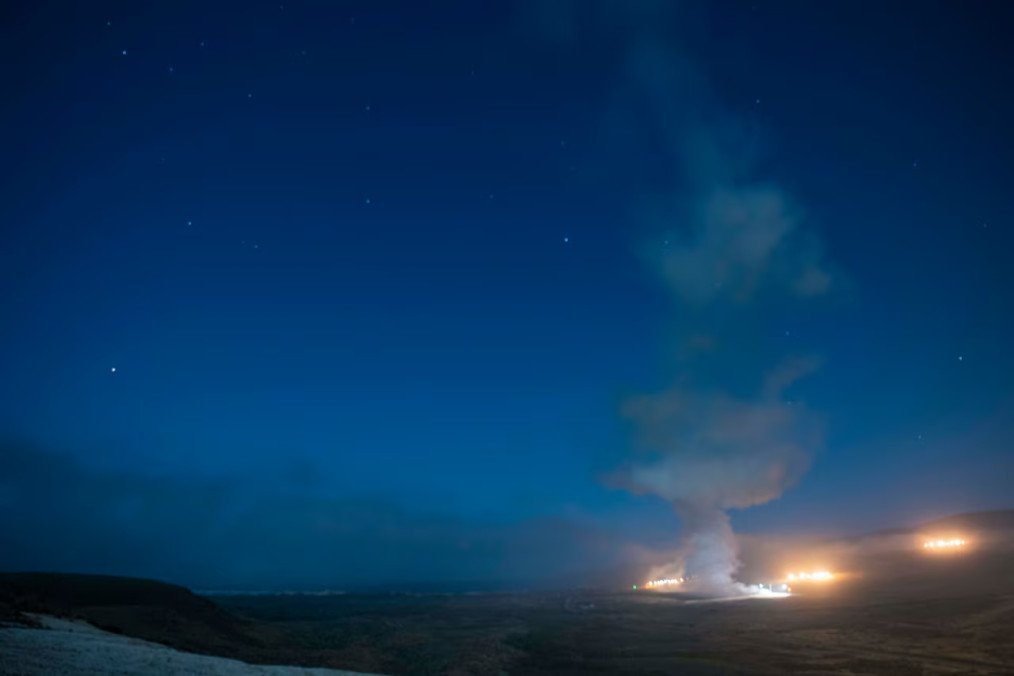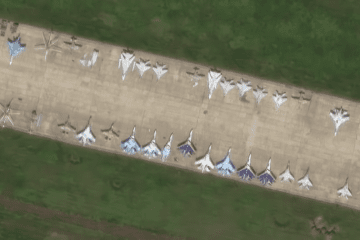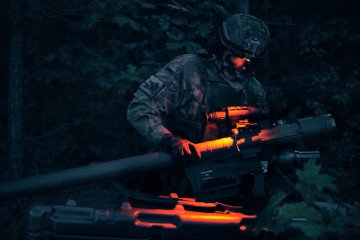- Category
- Latest news
US Revises Nuclear Deterrence Strategy in Response to Growing Threats from China and Russia

The US Department of Defense is revising its nuclear deterrence strategy in response to the growing nuclear capabilities of China and Russia, as well as the potential collapse of international arms control agreements.
This was stated by Richard C. Johnson, Deputy Assistant Secretary of Defense for Nuclear Policy and Countering Weapons of Mass Destruction, according to a Pentagon press release.
Johnson highlighted that the US now faces multiple nuclear adversaries modernizing their arsenals and elevating nuclear weapons in their national security strategies. He stressed that while nuclear deterrence remains vital, adjustments to the 2022 Nuclear Posture Review may be necessary to address escalating threats.
Key steps to strengthen deterrence include:
Modernizing the B61-13 gravity bomb, developed by the National Nuclear Security Administration.
Enhancing the readiness of Ohio-class nuclear submarines.
On November 15, the Pentagon presented an updated report to Congress on nuclear weapons strategy ("Report 491"), focusing on countering growing nuclear arsenals and diversifying potential threats.
Key Elements of the New Strategy:
Deterrence against multiple nuclear adversaries.
Integration of non-nuclear capabilities to support deterrence.
Escalation management for limited nuclear or high-consequence non-nuclear attacks.
Strengthening consultations with allies and partners.
The report also emphasizes the importance of arms control, risk reduction, and nuclear nonproliferation efforts to address strategic threats. Johnson noted that while the ongoing nuclear modernization program is substantial, it may not fully meet future challenges. The US will continue to adapt its strategy to ensure the effectiveness of its nuclear deterrence.
Previously on November 19, Russian leader Vladimir Putin signed a decree approving an updated nuclear doctrine for the country. The document was published on Russia’s official legal information portal, outlining significant changes to the nation’s nuclear strategy.


-111f0e5095e02c02446ffed57bfb0ab1.jpeg)


